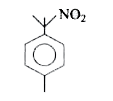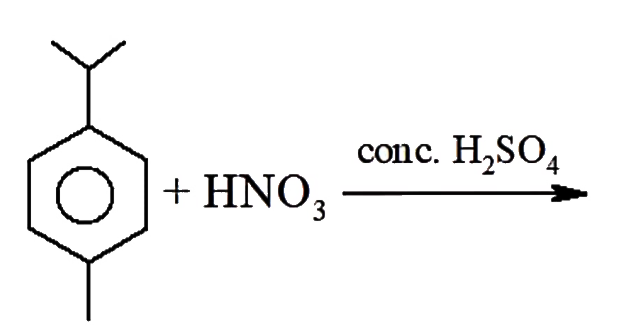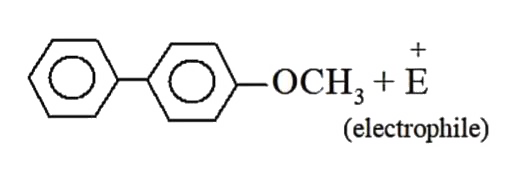The major product formed by the reaction of a anisole with
tert-butyl alcohol in presence of Li/LiqNH3 is
1− methoxy cyclohexa −1,4−diene
2− methoxy cyclohexa −1,3−diene
1− methoxy cyclohexa −1,3−diene
3− methoxy cyclohexa −1,4−diene
The correct Answer is:A
To solve the problem of determining the major product formed by the reaction of anisole with tert-butyl alcohol in the presence of lithium and liquid ammonia, we can follow these steps:
1. Identify the Reactants:
- The reactants are anisole (C6H5OCH3) and tert-butyl alcohol ((CH3)3COH).
- Anisole has a methoxy group (-OCH3) attached to a benzene ring.
2. Understand the Reaction Conditions:
- The presence of lithium and liquid ammonia indicates a reduction reaction. Lithium in liquid ammonia is a strong reducing agent.
3. Reduction of Anisole:
- When anisole is treated with lithium in liquid ammonia, the methoxy group can be reduced. This leads to the formation of a cyclohexadiene structure.
- The reaction involves the addition of hydrogen atoms to the aromatic ring, resulting in the formation of a double bond.
4. Formation of the Intermediate Product:
- The reduction of anisole leads to the formation of cyclohexadiene with a methoxy group still attached. The structure can be represented as:
- Cyclohexene with a methoxy substituent.
5. Reaction with tert-Butyl Alcohol:
- In the presence of tert-butyl alcohol, the cyclohexadiene can undergo further reactions. The tert-butyl group can act as a leaving group, leading to the formation of a more stable product.
- The reaction will involve the removal of two hydrogen atoms and the introduction of the tert-butyl group.
6. Final Product Formation:
- The final product will be a substituted cyclohexene with a tert-butyl group and a methoxy group. The correct structure is cyclohexa-1,4-diene with a methoxy group.
- The product can be named as 1,4-dimethoxycyclohexene.
7. Conclusion:
- The major product formed from the reaction of anisole with tert-butyl alcohol in the presence of lithium and liquid ammonia is cyclohexa-1,4-diene with a methoxy group.
- The reactants are anisole (C6H5OCH3) and tert-butyl alcohol ((CH3)3COH).
- Anisole has a methoxy group (-OCH3) attached to a benzene ring.
- The presence of lithium and liquid ammonia indicates a reduction reaction. Lithium in liquid ammonia is a strong reducing agent.
- When anisole is treated with lithium in liquid ammonia, the methoxy group can be reduced. This leads to the formation of a cyclohexadiene structure.
- The reaction involves the addition of hydrogen atoms to the aromatic ring, resulting in the formation of a double bond.
- The reduction of anisole leads to the formation of cyclohexadiene with a methoxy group still attached. The structure can be represented as:
- Cyclohexene with a methoxy substituent.
- In the presence of tert-butyl alcohol, the cyclohexadiene can undergo further reactions. The tert-butyl group can act as a leaving group, leading to the formation of a more stable product.
- The reaction will involve the removal of two hydrogen atoms and the introduction of the tert-butyl group.
- The final product will be a substituted cyclohexene with a tert-butyl group and a methoxy group. The correct structure is cyclohexa-1,4-diene with a methoxy group.
- The product can be named as 1,4-dimethoxycyclohexene.
- The major product formed from the reaction of anisole with tert-butyl alcohol in the presence of lithium and liquid ammonia is cyclohexa-1,4-diene with a methoxy group.
Similar Questions
Knowledge Check
The major product formed in the reaction
 A
A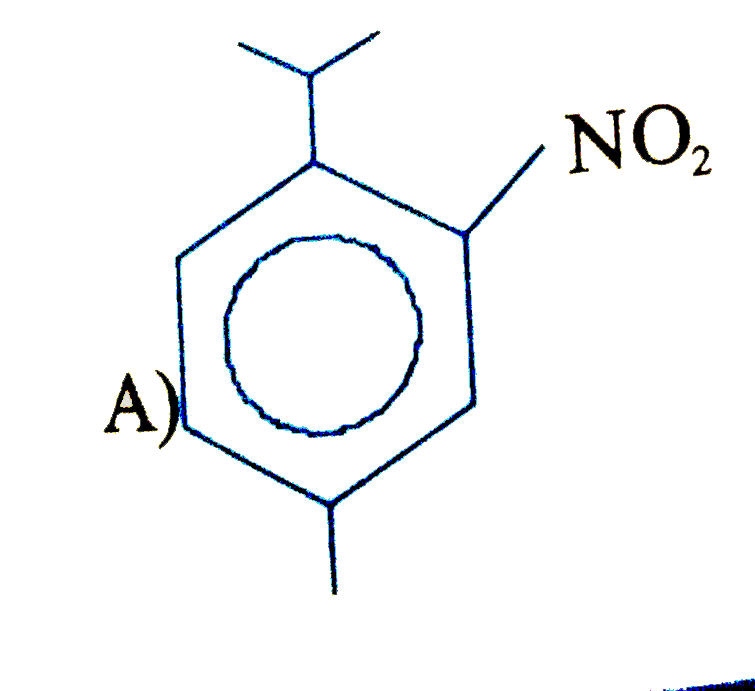 B
B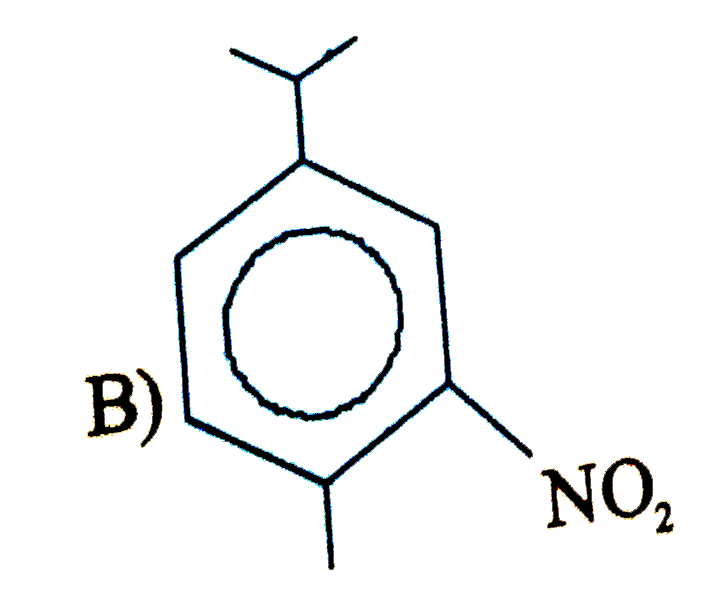 C
C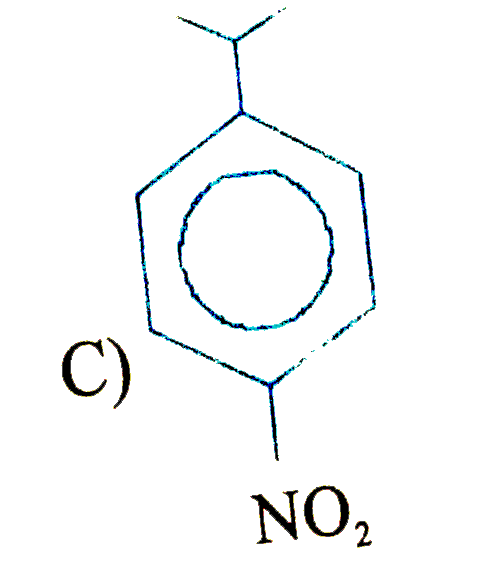 D
D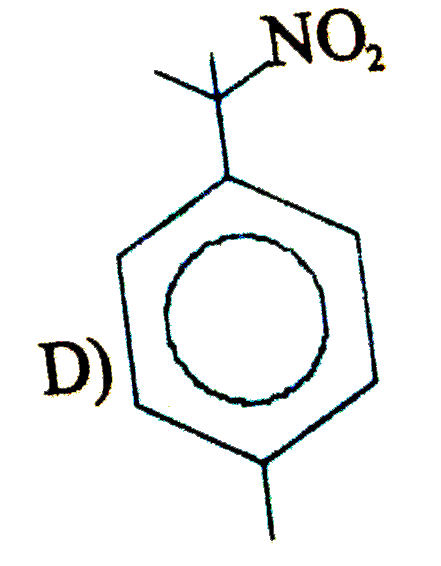
The major product formed in the reaction :
 A
A B
B C
C D
D
The major product formed in the reaction :
 A
A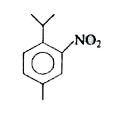 B
B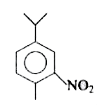 C
C D
D